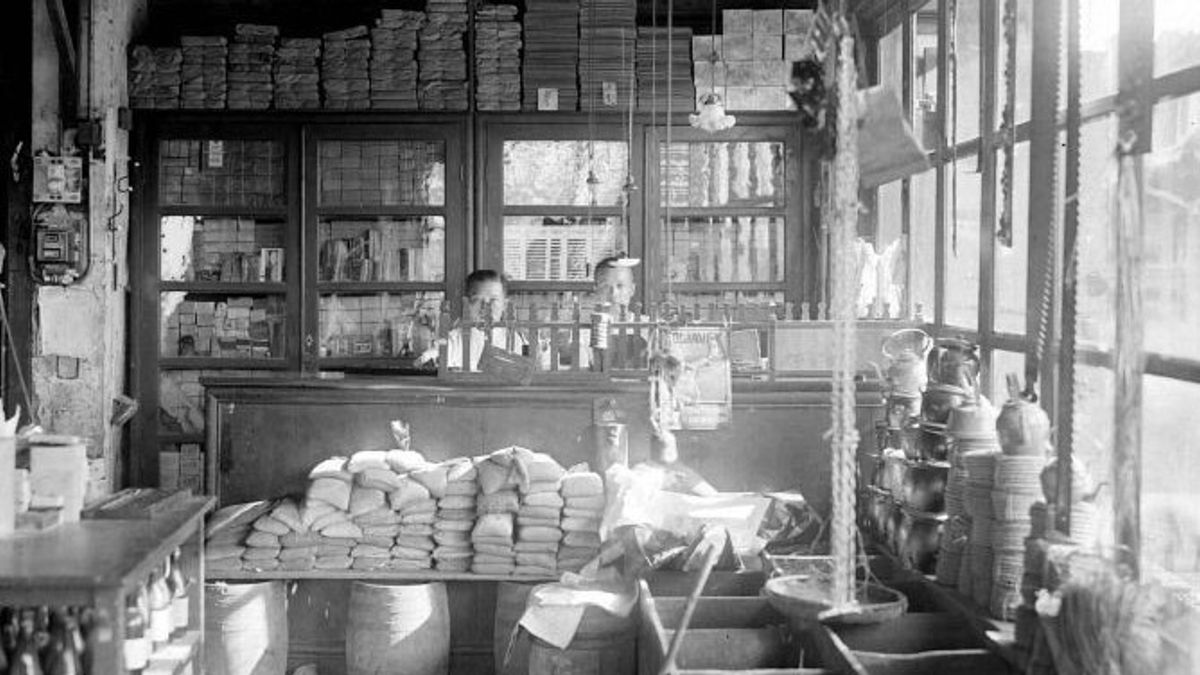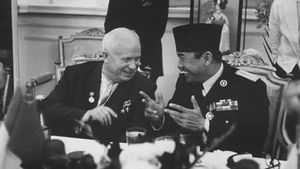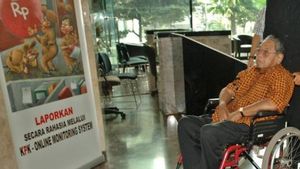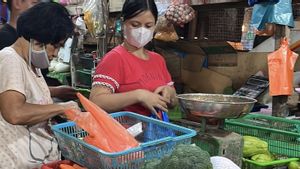JAKARTA History today, 287 years ago, June 12, 1736, the VOC Dutch trading partnership forced all Chinese people to have a residence permit in Batavia. The regulation was deliberately made to limit the presence of Chinese people.
Chinese people who have just arrived often make trouble become the estuary. Previously, the presence of Chinese people had brought great benefits to the VOC. They were able to become the main actors in the movement of the economy in Batavia.
Batavia door (now: Jakarta) is always open to the Chinese. That is the narrative that is often echoed by VOC Governor General Jan Pieterszoon Coen. The Governor-General, who served twice in 1619-1623 and 1627-1629, predicted the presence of Chinese people could bring great profits.
All because Coen himself has seen the tenacity and hard work of the Chinese at work. Coen views Chinese people as capable of working in all fields. From rough to classy work. Chinese people are able to do it seriously.
Coen also gave his blessing to the Chinese to live and work in Batavia. He even lured the Chinese with a variety of privileges. Tax relief and security, for example. That right then made the Chinese flock to Batavia.
The results were brilliant. The wheels of the economy in Batavia are growing. Moreover, the VOC benefited from the ability of the Chinese people to pay all kinds of taxes. This good relationship was then maintained even though Coen was gone.
The VOC's view of the Chinese has never changed. Coen's successors continue to view the Chinese as a source of profit. Sometimes Chinese people are also seen as moneymakers.
Chinese citizens who worked during the first governor general's administration in Batavia had no complaints. This shows that Coen really appreciates its citizens. He never tolerated the British or Dutch who treated the Chinese unfairly.
Coen also doesn't see them as an exaggerated tax object. When he wants to impose excise duty on imports and exports, he will consult with Souw Beng Kong and Jan Congh the Head of the Chinese Community. They are always ready for him to accept, "said Johannes Theodorus Vermeulen in the book China in Batavia and Huru-Hara 1740(2010).
The symbiotic mutualism between the VOC and the Chinese continues. However, the relationship built on profit-loss-loss-based will not last if losses persist. In the 1730s, for example. The VOC began to feel the presence of Chinese people was too disturbing.
The arrival of Chinese people who never stop at the estuary. His arrival every year always increases, while the economic condition of the VOC at that time was not okay. The VOC began to smell the signs that many Chinese people who came did not have the expertise to work.
Security issues also emerged. Many Chinese people who do not have jobs actually disturb order in Batavia. Chinese people are suspected of being the culprit of a crime. Robbery, one of them.
The security of the Batavian people is threatened because of it. Like it or not, the VOC takes a stand. The owner has the power to issue regulations to force all Chinese people to have a residence permit on June 12, 1736.
SEE ALSO:
On June 12, 1736, the VOC again made regulations ordering Chinese officials in Batavia. The regulation is to hold registrations for all Chinese citizens who do not have a permit to stay in Batavia.
"To ethnic Chinese citizens who are considered useful for the VOC, after they pay 2 ringgits they will be given permission to settle. As for those who are deemed useless for the VOC, they will be returned to their home country," explained Hembing Wijayakusuma in the book Mass Slaughter 1740: Angke Bloody Tragedy (2005).
The English, Chinese, Japanese, Arabic, and French versions are automatically generated by the AI. So there may still be inaccuracies in translating, please always see Indonesian as our main language. (system supported by DigitalSiber.id)














